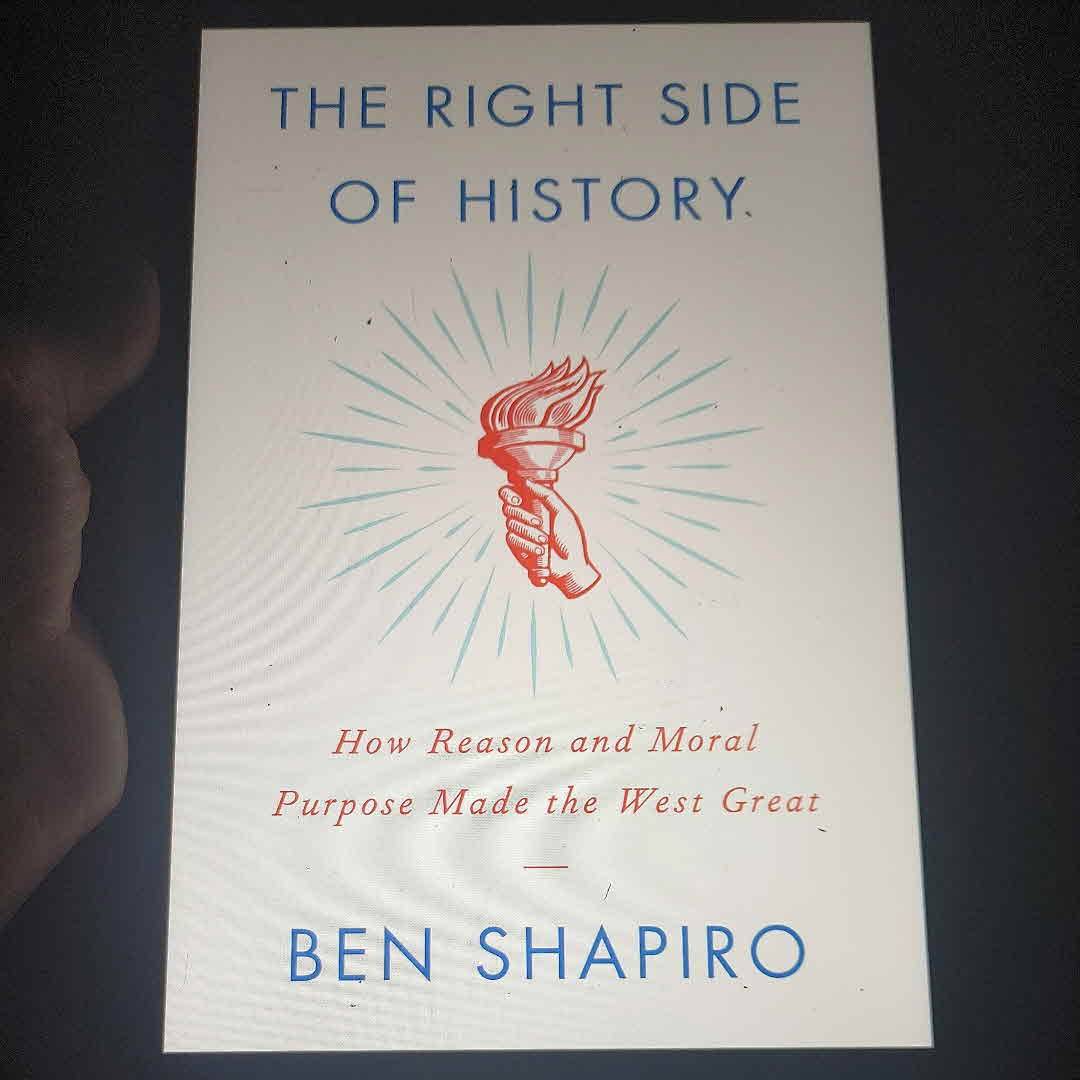
I just couldn't do the Acotar series. I have my reasons I guess. Moving on.

I just couldn't do the Acotar series. I have my reasons I guess. Moving on.
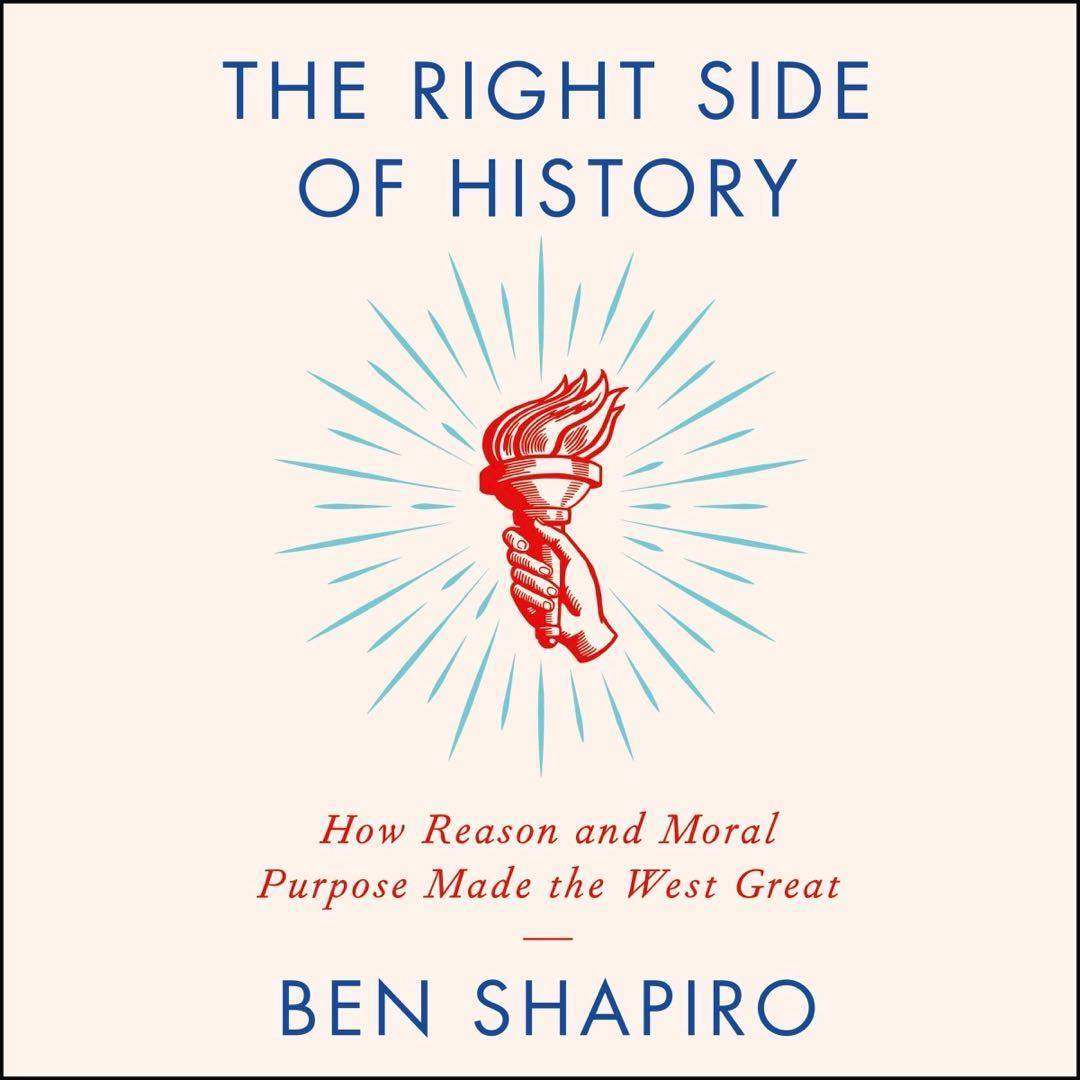
Read this one much faster than I normally would have because it was due back at the library soon. His discussion on ancient philosophy was DENSE for me, but it flowed nicely once I was familiar with the names/events being referenced. Supported his main argument well and, as always, very thoroughly cited. Would and have recommended.
“Religion, Greek teleology, and capitalism all have something in common: none of them particularly care much about ‘your bliss.‘”
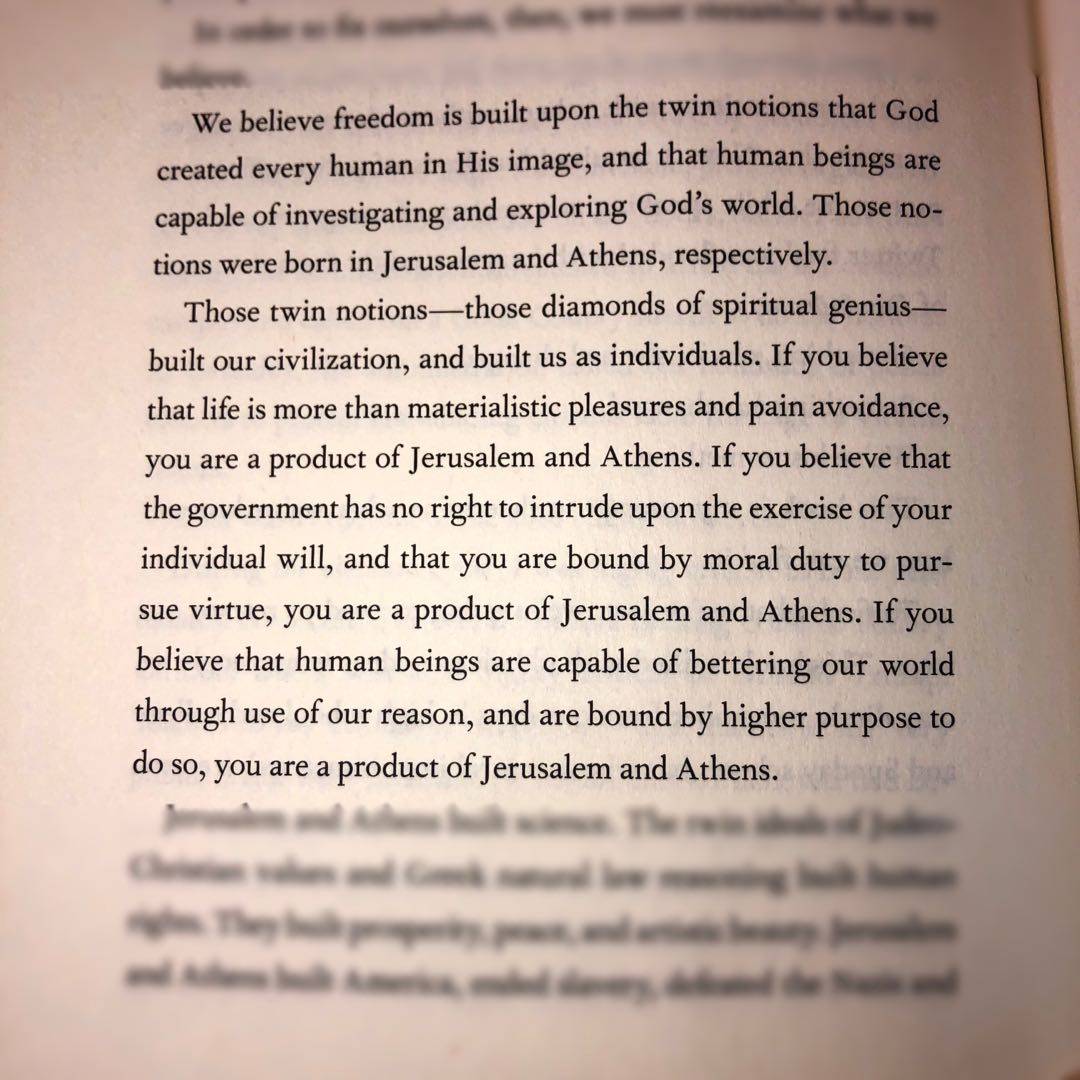
“Jerusalem and Athens built science. The twin ideals of Judeo-Christian values and Greek natural law reasoning built human rights. They built prosperity, peace, and artistic beauty. Jerusalem and Athens built America, ended slavery, defeated the Nazis and the Communists, lifted billions from poverty, and gave billions spiritual purpose.”
“... as though all happiness can be got from a 98.6 degree temperature, a hearty meal, and a steady supply of sex. But that‘s not what happiness actually constitutes. Human beings keep showing that they need something more - men cannot live by quality of life indicators alone. Material human progress in the absence of spiritual fulfillment isn‘t enough. People need meaning.”
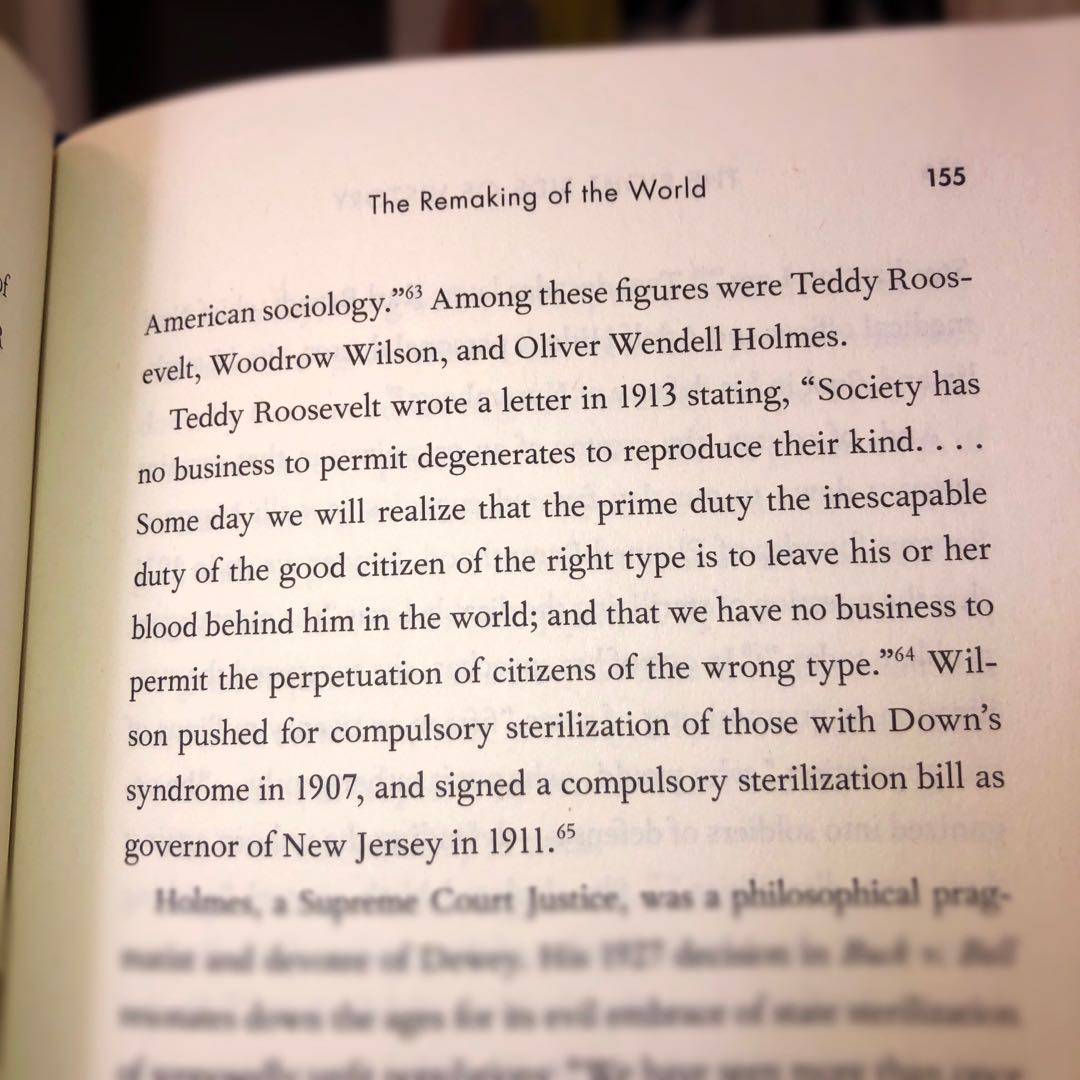
Well,,, finding out that Teddy Roosevelt was into eugenics ruined my day
“The French Revolution‘s murder of the Judeo-Christian God, meant substituting a supposedly more realistic materialism for transcendental values. The Bible contended that man could not live by bread alone; the French Revolution contended that without bread, nothing else mattered.”
Author used this line to summarize a point he made for a few pages and it really cleared things up for me.
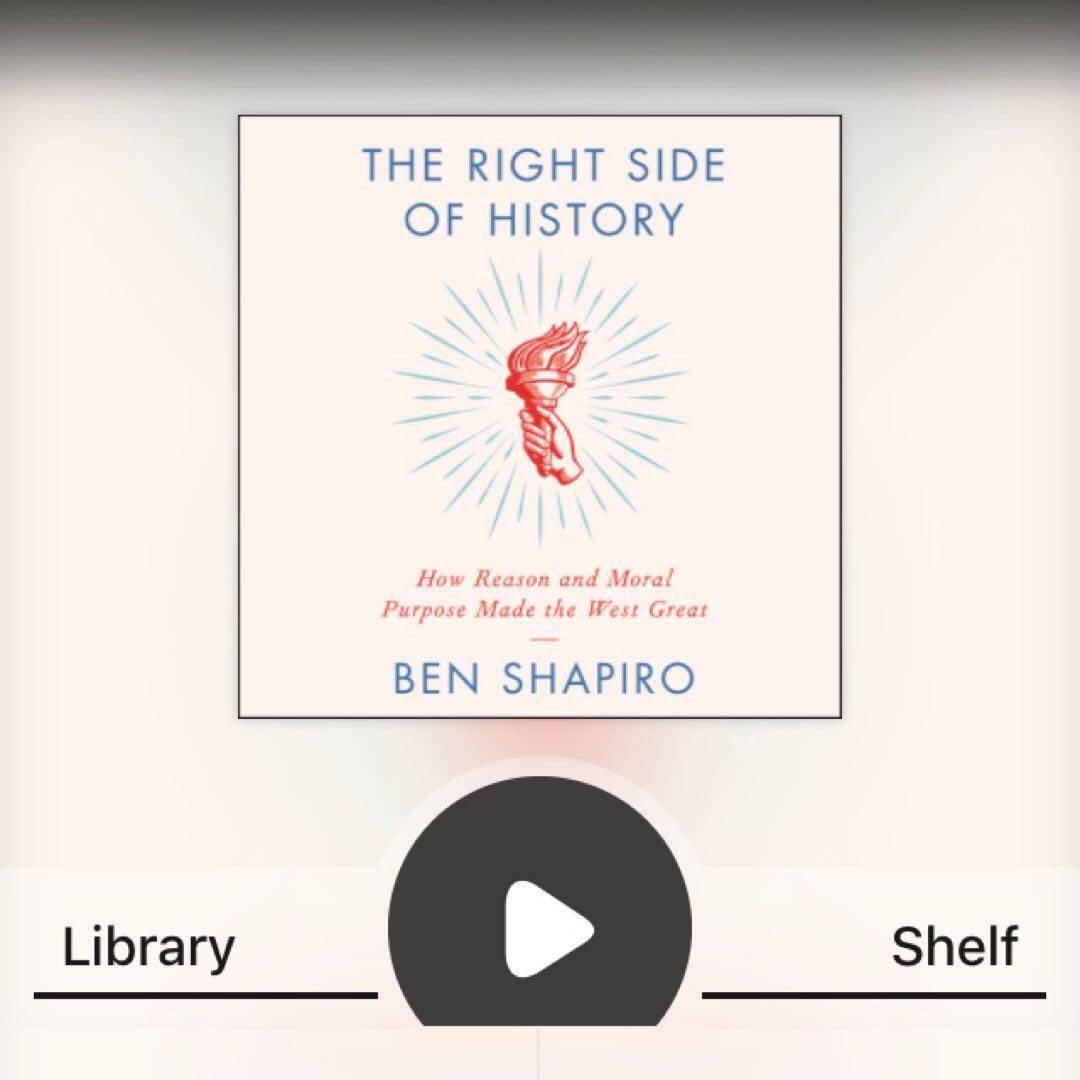
DNF- not for me. Too didactic, oddly unreasoned for a book about reason. Fundamentally not aligned with my worldview. This is a lesson in always reading the blurb before you borrow a book!